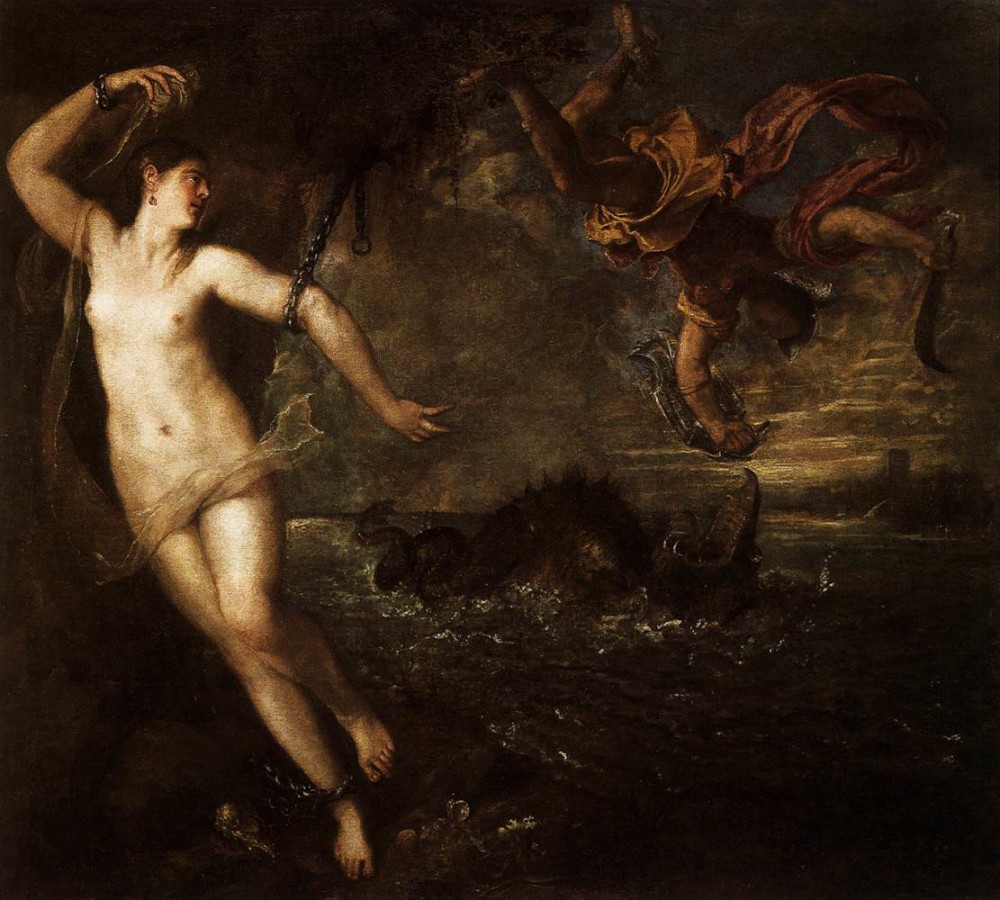The disease is a condition.
Health is only one other, more ugly.
I mean more cowardly and petty.
No patient who has grown.
Not healthy that will ever betrayed,
not wanting to be sick,
such as doctors I suffered.
I was sick all my life and I only ask to continue.
Because the states of deprivation of life
I have always learned a lot more about
the plethora of my power as credenzas petty bourgeois:
THE HEALTHY ENOUGH.
Because my being is beautiful but awful.
And it is beautiful because it is awful.
Ugly, Affre built awful.
Cure a disease is a crime.
This is bruise the head of a kid much less stingy than life.
The ugly con-rings.
The beautiful rots.
But ill, is not doped with opium, cocaine or morphine.
And you must love the charterer fevers,
jaundice and perfidy much more than any euphoria.
Then the fever, high fever my head –
because I am in a state of high fever
for the last fifty years that I’m alive –
give me my opium –
this being –
that,
I’m hot-headed,
opium head to toe.
Because cocaine is a bone,
heroin, over-bone man,
tra la sara i ca ca ca i fena tra la fa ca sara
and opium is this cave,
this cave mummification blood,
scrapings of the sperm in the cellar of an old excrémation this kid,
this disintegration of an old hole,
this excrémentation a kid,
little kid buried anus,
whose name is: poop, pee, con-science of disease.
And opium father fi fi
So that goes from father to son –
he must return you to the powder,
when you have suffered much without bed.
So I think that this is mine eternal sick,
heal all doctors –
born doctors deficiency disease –
not doctors ignorant of my statements
awful sick to me to impose their insulin,
a world of health slumped.
Antonin Artaud








